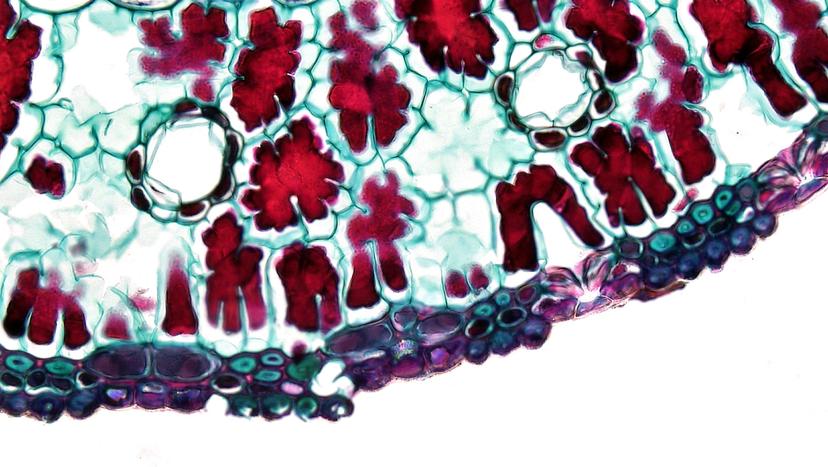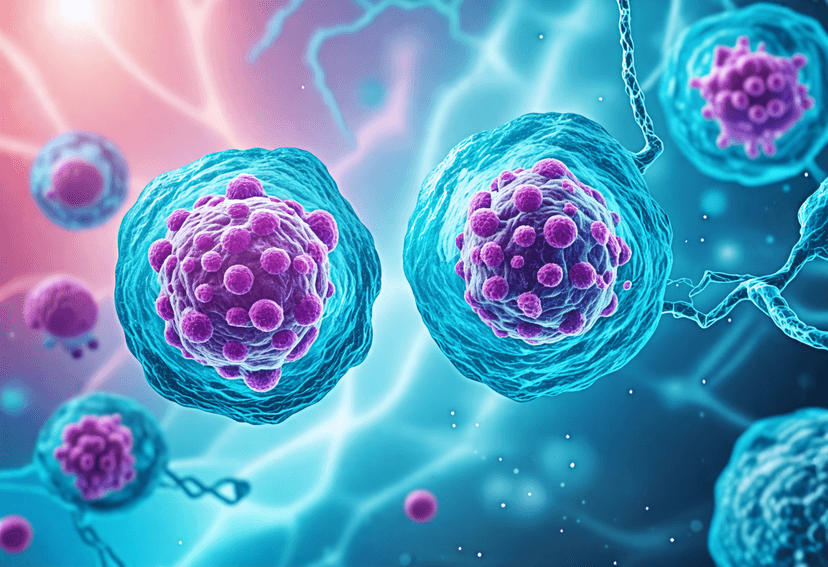
Advancements in Islet Cell Transplant
08 Oct, 2024
 Healthtrip
HealthtripImagine a world where individuals with type 1 diabetes can live without the burden of constant insulin injections, glucose monitoring, and the looming threat of complications. This vision is becoming a reality, thanks to the rapid advancements in islet cell transplantation. This revolutionary approach has the potential to restore natural insulin production, freeing millions of people from the shackles of this debilitating disease.
The Basics of Islet Cell Transplantation
Islet cell transplantation involves the transfer of healthy islet cells from a donor pancreas to a person with type 1 diabetes. These islet cells, responsible for producing insulin, are extracted from the pancreas and infused into the liver through a minimally invasive procedure. Once implanted, the islet cells begin to function, producing insulin and regulating blood sugar levels naturally.
Most popular procedures in India
History of Islet Cell Transplantation
The concept of islet cell transplantation dates back to the 1960s, but it wasn't until the 1990s that the first successful transplants were performed. Since then, the field has witnessed significant progress, with improvements in islet cell isolation, purification, and transplantation techniques. Today, islet cell transplantation is recognized as a promising therapy for type 1 diabetes, offering a potential cure for this chronic condition.
Wellness Treatments
Give yourself the time to relax
Lowest Prices Guaranteed!

Lowest Prices Guaranteed!
Advancements in Islet Cell Transplantation
In recent years, researchers have made tremendous strides in overcoming the challenges associated with islet cell transplantation. Some of the key advancements include:
Improved Islet Cell Isolation and Purification
Advances in islet cell isolation and purification techniques have significantly enhanced the quality and yield of islet cells. This has resulted in better transplantation outcomes, with more patients achieving insulin independence.
Development of Novel Transplantation Sites
Traditionally, islet cells were transplanted into the liver, but researchers have now explored alternative sites, such as the pancreas, kidney, and even the stomach. These novel transplantation sites offer improved islet cell survival and function.
Stem Cell-Based Therapies
Stem cell-based therapies have emerged as a promising approach to islet cell transplantation. By using stem cells to generate islet cells, researchers aim to overcome the shortage of donor pancreases and create a more sustainable source of islet cells.
Immune Modulation and Tolerance Induction
One of the significant challenges in islet cell transplantation is the risk of rejection. To address this, researchers have developed innovative immune modulation strategies, which enable the body to tolerate the transplanted islet cells, reducing the need for lifelong immunosuppressive medications.
The Future of Islet Cell Transplantation
As researchers continue to push the boundaries of islet cell transplantation, the possibilities are endless. Imagine a future where type 1 diabetes is a manageable condition, where individuals can live without the fear of complications, and where the quality of life is restored to its fullest potential.
With ongoing advancements in islet cell transplantation, we are closer than ever to realizing this vision. As the field continues to evolve, we can expect to see more efficient, effective, and accessible treatments for type 1 diabetes, ultimately transforming the lives of millions of people worldwide.
Related Blogs

Stem Cell Therapy in Orthopedics: The Future of Regenerative Medicine
Unlock the potential of stem cell therapy in orthopedic care

Stem Cell Therapy for Neurological Disorders
Explore the potential of stem cell therapy in treating neurological

The Future of Stem Cell Therapy
Learn about the exciting future of stem cell therapy and

Stem Cell Therapy for Orthopedic Injuries
Discover how stem cell therapy can help with orthopedic injuries

The Benefits of Stem Cell Therapy
Explore the numerous benefits of stem cell therapy for your

Stem Cells in Cancer Treatment
Learn how stem cell therapy is revolutionizing cancer treatment










